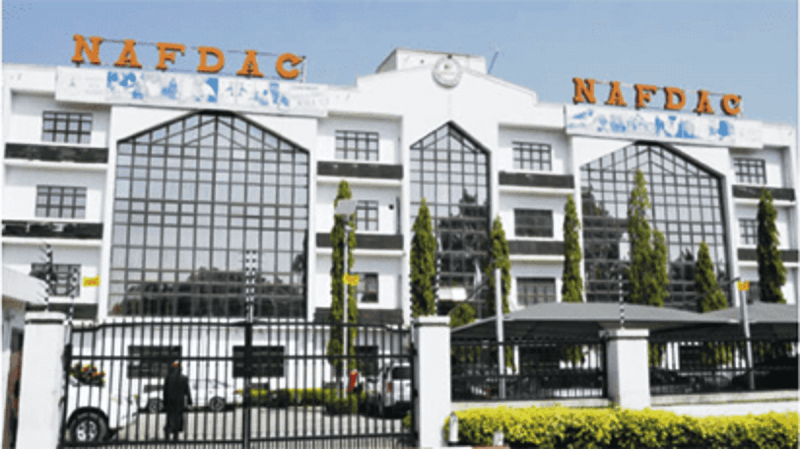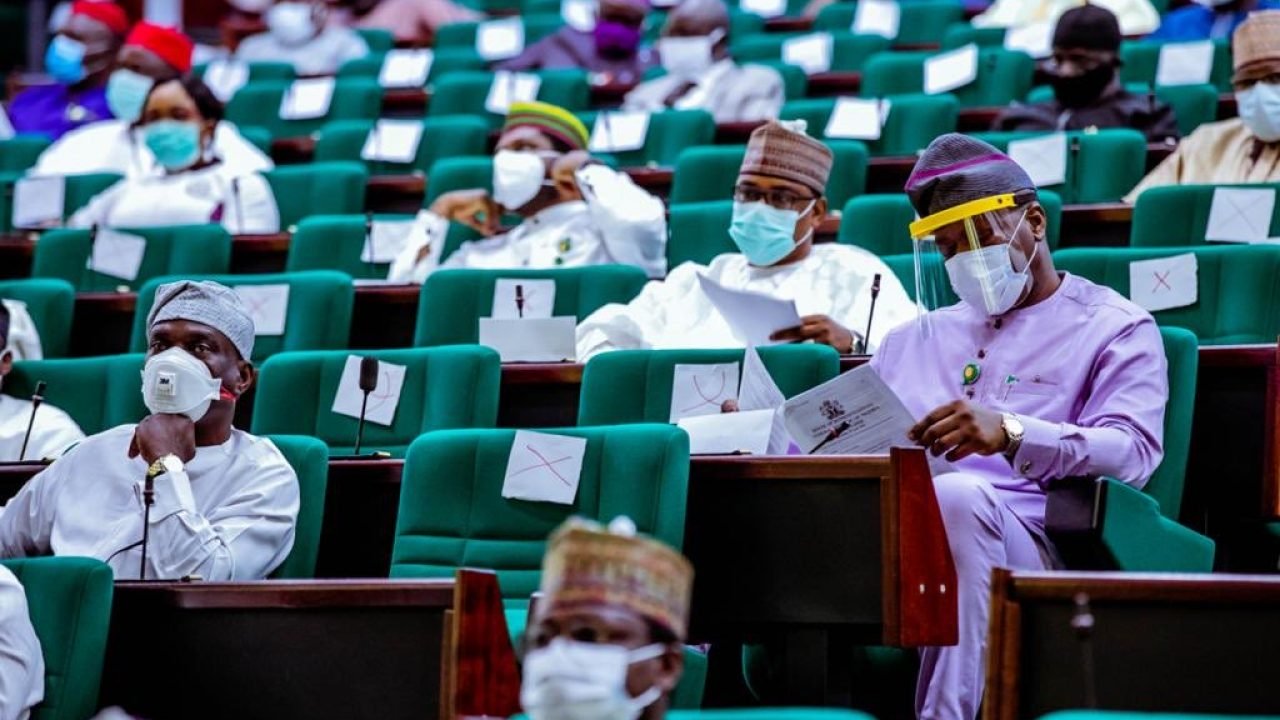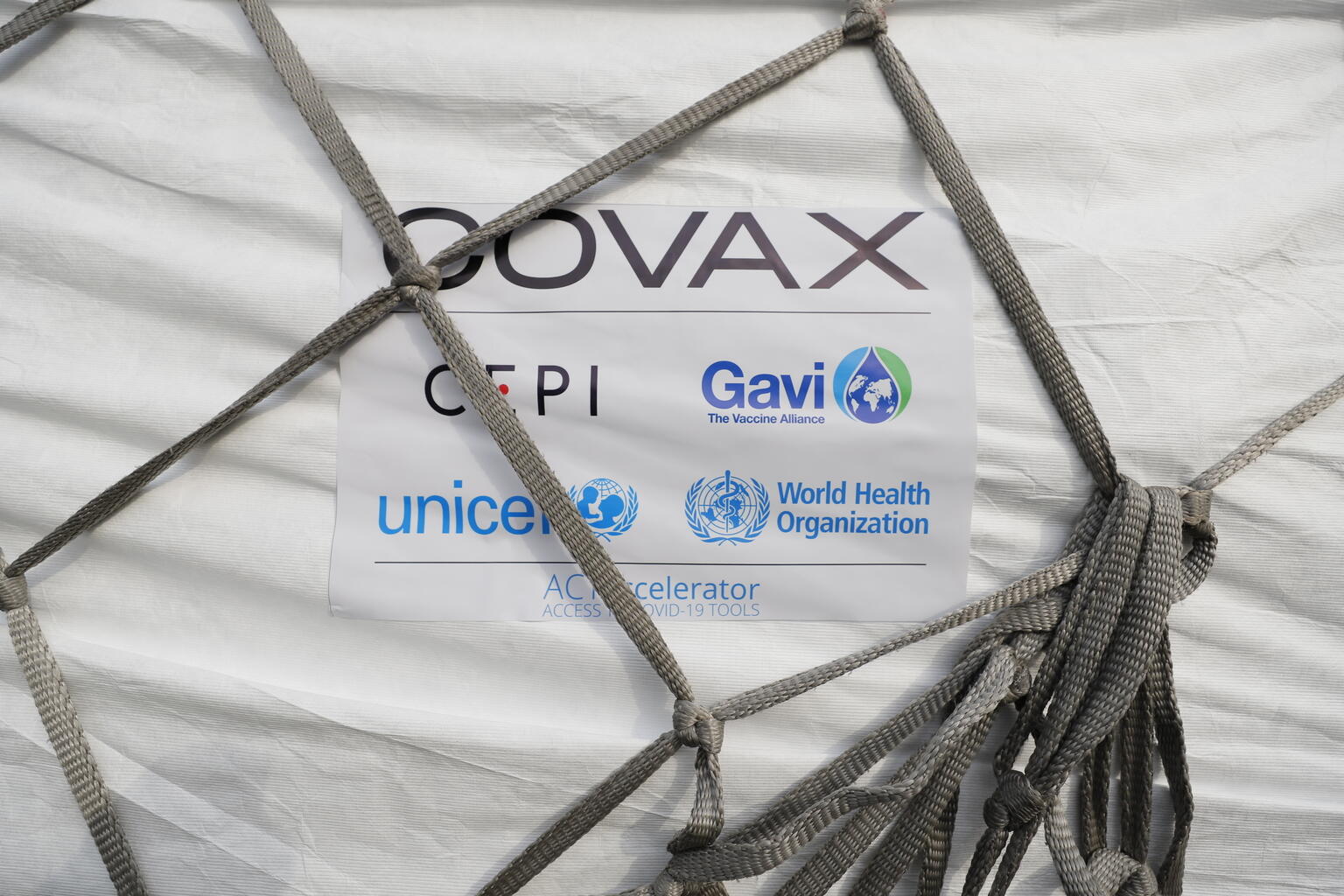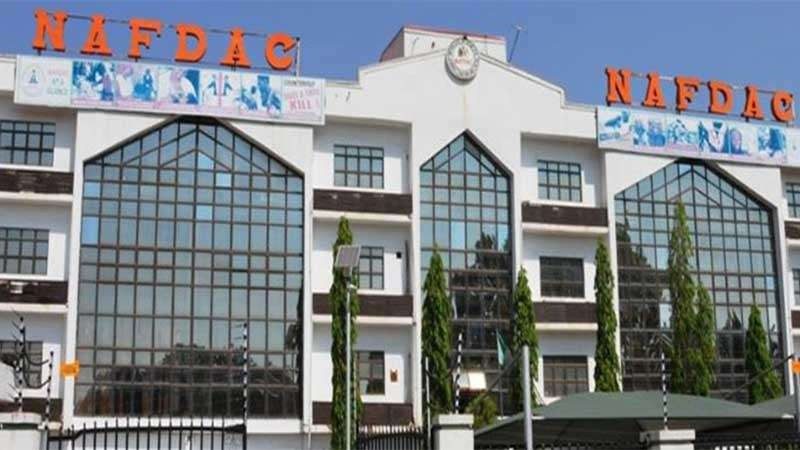The National Agency for Food and Drug Administration and Control (NAFDAC) has given reasons why it has yet to approve any herbal medicine for the treatment of COVID-19.
This is contained in a statement signed by the agency resident Media Consultant, Mr Olusayo Akintola, and issued to newsmen on Sunday, in Abuja.
The statement quoted Prof Moji Adeyeye, NAFDAC Director- General, as saying that “no single drug has been found yet to cure COVID -19”.
Adeyeye also warned Nigerians against excessive consumption of onions and garlic with a view to curing COVID-19, saying, ‘’If you eat too much your breath will be smelling and nobody will want to stay by you.”
She said that medicinal products available now could only help ease symptoms and up the odds of survival.
She warned Nigerian researchers and other herbal medicine practitioners to desist from parading unverified medicine for the virus.
She said that any product without NAFDAC approval for the cure of COVID-19 is null and void, adding that such an act was a violation of the national regulatory authorities and breach of protocols.
She admitted that onions or garlic or any of the natural fruits that we take have antioxidant and nutrients that can help us feel better, adding that people might have been using it and they get better.
“If it is not documented, it cannot be recognised by NAFDAC for COVID – 19. They work on our cells to keep people healthier, but not to cure COVID – 19. They help our body to function better. There is no cure for COVID -19 yet.
She added that they may boost the immunity and the person may not be easily susceptible to infection, adding that ‘’even with that, you still have to protect yourself.
“If you eat garlic and onion and you don’t use face mask you will get COVID -19. If you are in a bad environment; If you don’t wash your hands, you will get COVID -19.
“Everything has to be put together. University of Jos said that there was an herbal medicine, whether it is tea or whatever, that can cure COVID-19, they linked it with treatment of COVID -19, they did the packaging.
‘’We did a letter to warn them that they cannot claim something unless it has gone through our listing process. They were trying to sell it to their staff. That is violation of our own regulatory policies.
“Nobody should say that this one can cure this or that without going through NAFDAC listing process, the research into herbal medicine by the academia is normal.
‘’It is now for the academia to also recognise the national regulatory authority established to safeguard the safety of the Nigerian populace, by ensuring that the product that they are working on has to go through NAFDAC,” Adeyeye said.
According to her, there have been one or two cases where the University of Jos product was being encouraged to be used by people without going through NAFDAC.
She said that the university was supposed to go through the national regulatory authority and pave the way for NAFDAC to declare it safe for consumption.
The DG insisted that her agency must approve the clinical trial protocol, stressing that ‘’If they don’t do that and go ahead to market and sell their product, such act would be a violation of regulatory procedures.
According to her, some people might have been using it and they got better, but without being approved scientifically and documented, we may not be able to guarantee its safety for human consumption.
She recalled that NAFDAC set up an herbal medicine product committee in March 2019 before the pandemic broke out, to advance research in herbal medicine.
Adeyeye said that the goal for such idea was to make sure that the herbalist and the researcher were collaborating, so that whatever the herbalist knows from ancestral history that the research will back it up.
She explained further that collaboration with researcher would enable such herbal medicine to be advanced and to be listed by NAFDAC, if found safe for consumption.
According to her, during the pandemic there were lots of assertions that there were herbal medicines, that could be used to treat symptoms of COVID -19, pointing out that there was no single medicine that has been identified yet.
“But there are herbal medicines that could alleviate symptoms of COVID -19. However, NAFDAC has not granted registration of approval for any medicine for that.
“NAFDAC approves such medicines for listing, it means that it’s been tested and was deemed safe to use. NAFDAC cannot say herbal medicine can treat COVID -19, until clinical trial is done.
“Right now, there is no single herbal medicine that has gone through full clinical trial the way clinical trial is supposed to be done,” she said.
According to her, to do official clinical trial, you must write a protocol, you must pass it through the National Health Research Ethical Committee (NHREC), and you must pass it through NAFDAC.”
She said that the agency has not given any pass mark as regards COVID-19 herbal medicine, but that the agency has approved some herbal medicines that they claim can alleviate some of the symptoms of COVID -19.
She said that some of the approved herbal medicine which they claim can alleviate COVID-19 symptoms only work as immune boosters.
Adeyeye pointed out that such herbal medicine may prevent one from getting the disease, adding that, as far as NAFDAC was concerned, it has not approved any medicine to treat COVID -19.
“We have approved medicines that they said can alleviate symptoms and relieve people of some symptoms of COVID – 19, when the product is listed then clinical trial may start.
“It takes a lot of money to do clinical trial. University of Jos has been given approval to commence clinical trial of their products which is yet to commence.
The DG further disclosed that many herbal products have been submitted for federal government grants, because most of the herbal practitioners lack the required wherewithal to do clinical trial.
She said that many of these herbal products were being subjected to review by different agencies of government in the country.
“In terms of going through clinical trial and official protocols, none has come through yet.”
According to her, such herbal products can be used during the clinical trial to investigate whether it could be effective for COVID -19.






